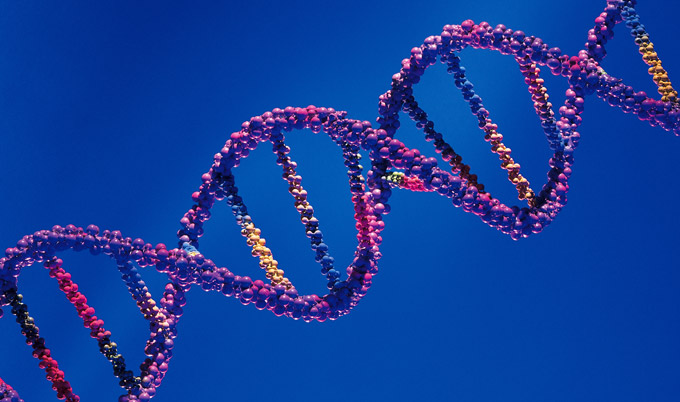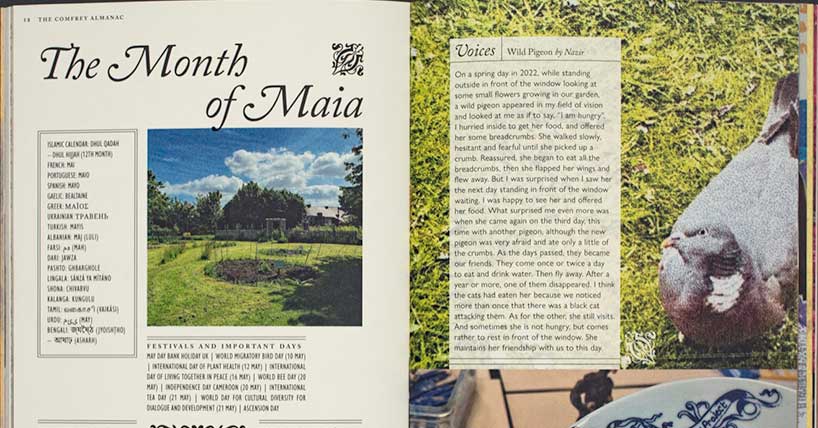Should we be allowed to modify human DNA in future
Should we be allowed to modify human DNA in future children?
Published on: 26 July 2018
An inquiry involving a leading Newcastle University academic into the ethical issues surrounding genetically altering a human embryo has stated there is "no absolute reason not to pursue it".
PEALS Executive Director, Professor Jackie Leach Scully was one of the experts invited onto the Nuffield Council for Bioethics inquiry, which published its report on 17 July.
The development of genome editing techniques has been game changing for research across the biosciences, particularly since the emergence of the CRISPR-Cas9 system in 2012, which enabled precisely targeted alterations to DNA sequences in living cells.
The technique could theoretically be used in assisted reproduction to alter the DNA of a human embryo, before it is transferred to the womb. This is not currently lawful in the UK, but could, in time, become available as an option for parents who wish to influence the genetic characteristics of their future child, for example, to exclude a heritable disease or a predisposition to cancer in later life. The possibilities raised by this radical new approach to reproductive choices could have significant implications for individuals and for all of society.

Examining the ethical and social issues
In recognition of these challenges the Nuffield Council on Bioethics set up a working group including Professor Jackie Leach Scully in 2016 to examine the ethical and social issues of human heritable genome editing and it published its report on 17 July this year.
One of its major, and possibly most controversial conclusions is that there is no absolute moral bar to human heritable genome editing, and so there could be circumstances in which it is morally permissible. However, there are a number of conditions that need to be satisfied before that any change in UK law (which would be necessary to make heritable genome editing legal) can be contemplated.
Professor Jackie Leech Scully said: "Heritable genome editing may one day become an option for parents to try to secure what they believe to be the best start in life for their future children.
"However, with this scientific advance comes a huge responsibility, and there could well be unintended consequences if current UK law were changed to allow gene editing of human embryos. While the development could possibly reduce the number of people affected by some genetic disorders, it could also leave people living with those diseases feeling marginalised and struggling to get sufficient medical and social support.
"This report is just the start of the dialogue. We need to ensure that there is as wide and inclusive a discussion as possible about the direction that we want to move in."
The report calls for a broad and inclusive public discussion about the uses of human heritable genome editing, preferably one facilitated by an independent body.
You can read the full report on the Nuffield Council on Bioethics website.



